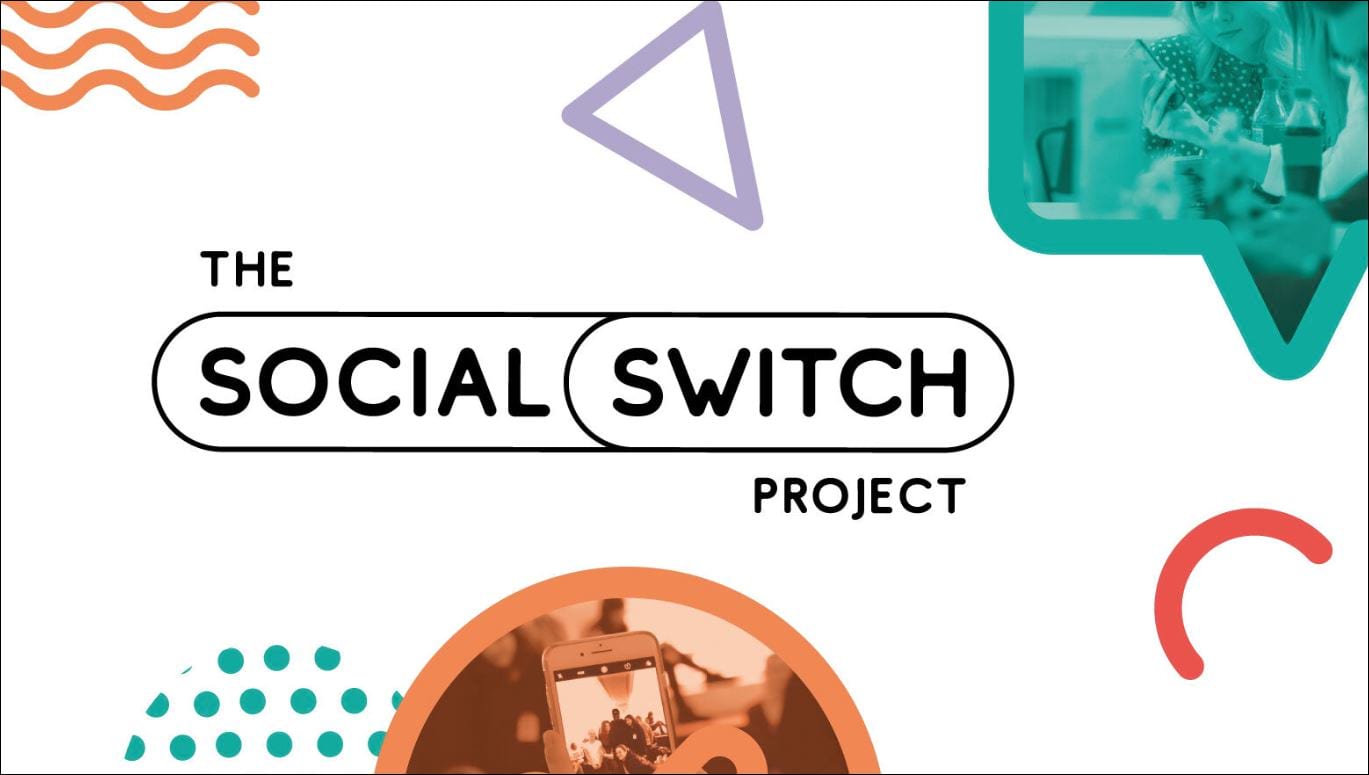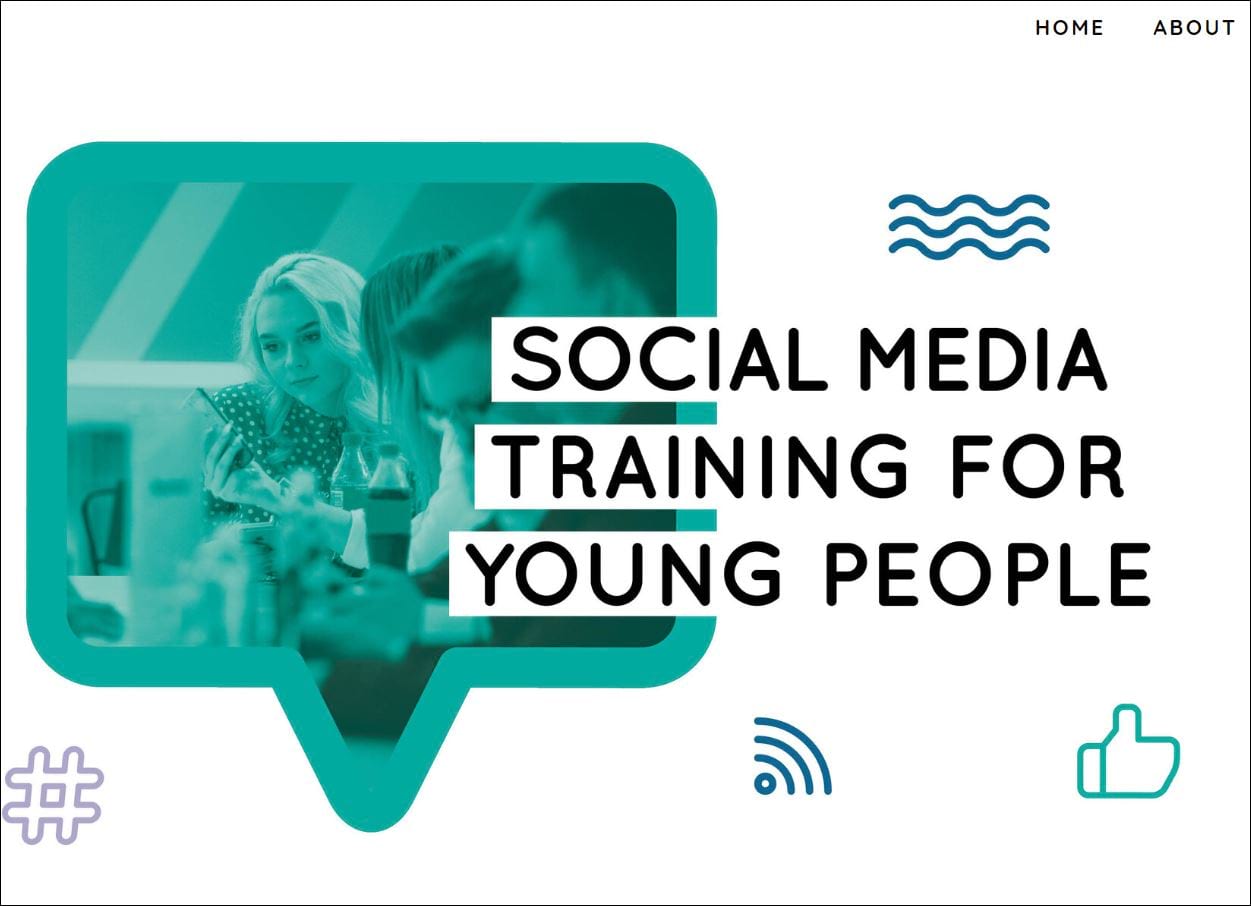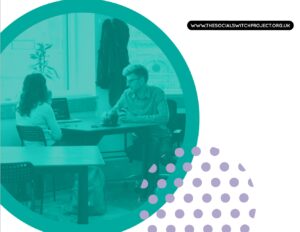This is a guest post by Christina Hicks, Programme Manager for The Social Switch Project.
The prolific growth of social media has never-before-seen opportunities for expression, creativity, education and support. There are careers available for young people that were non-existent a few years ago, and jobs in the digital workforce continue to grow, as does the skills shortage.
However where negative dialogue could once be contained or censored, a global audience can now join in. Where antisocial behaviour was once limited to a physical audience, harmful content is now rapidly shared online, increasing tensions offline and resulting in violent retaliation. And with the explosion of live video content only surfacing in the last two years, it’s difficult to predict what challenges lie ahead.
As a qualified youth worker, I started my career on the Pembury Estate in Hackney. After helping this community recover following the 2011 London Riots, I know the power of building trusting relationships when working with vulnerable young people. This experience drives my leadership of the pioneering Social Switch Project.
The Social Switch Project is a partnership between charities Catch22 and Redthread, both leaders in tackling youth violence, and is supported by a Google.org grant. The project is switching the story on how social media’s relationship to youth violence is understood, tackled and solved.
We know that simply limiting young people’s use of social media will only drive their online activity behind closed doors, where it cannot be monitored or challenged. It is far more valuable to create the space for open and honest discussions between young people and those they trust.
The Social Switch Project is delivered in three strands:
- Training frontline professionals who work with young people
- Training young people to be future digital leaders
- Providing grants and support for community projects across London
Training frontline professionals
Social workers, teachers, police and youth workers are perfectly placed for these discussions, so we are giving free training to frontline practitioners so they have the confidence to use the skills they already possess to challenge harmful online behaviour.
Using the National Youth Agency’s Ethical Conduct in Youth Work as a base, our one-day course covers:
Identity and belonging – How social media feeds into a young person’s day-to-day life and identity development, and the behaviours they may exhibit as they attempt to belong online
Online relationships – Discussions on safeguarding young people from the risks online, the laws surrounding online abuse, and how to flag inappropriate content
Digital citizens – The role we can play in helping young people become sound digital citizens and how to take responsibility for their own online communities
Social media and you – Best practices for communicating with young people online, such as how we can maintain trusting relationships and communicate with young people online, while maintaining a professional distance.
By understanding how popular platforms operate, what the risks are, and why these creative platforms are so popular, frontline professionals will be able to productively talk about social media; they will be able to embrace the digital opportunities social media presents for young peoples’ futures.
Training young people to be digital leaders
The second strand of The Social Switch Project is a training programme for future digital leaders. Talented young people do not always have the support or necessary access to digital workforce opportunities. Developed with youth skills developers Creative Media Network, this three-week programme uses experiential learning, live project briefs and networking opportunities to unlock young peoples’ existing skills and provide insight into the power of social media. A career coach will then work with young people to progress them into creative careers.
Disenfranchised young people are operating in a radically changing world, often without positive alternatives. To truly have an impact on levels of youth violence in London we must offer these positive pathways for these young people.
Grants for community projects across London
The final strand of the programme recognises that there is already great work being done in the field of preventative youth violence. Individuals and grassroots organisations have the ideas to divert vulnerable young people from harm, but they often struggle to find funding that does not require lengthy applications or substantial reporting processes. The Social Switch Project is offering small grants to help launch these ideas or to scale up existing projects which offer young people positive activities and bring London’s communities together.
Get involved
Everyone has a responsibility to keep young people safe, offline and online. And we should be doing everything we can to enable today’s young people to become tomorrow’s leaders in these new digital fields. For young people across London, we are here to switch the story from risk and harm online, to expression, creativity and opportunity.
We’d love you to join us – visit thesocialswitchproject.org.uk to find out more on how you can:
- Support a young Londoner by offering two weeks’ work experience in a creative or digital team
- Apply for a grant for your grassroots project
- Sign up to training if you’re a frontline professional working with young people in London




